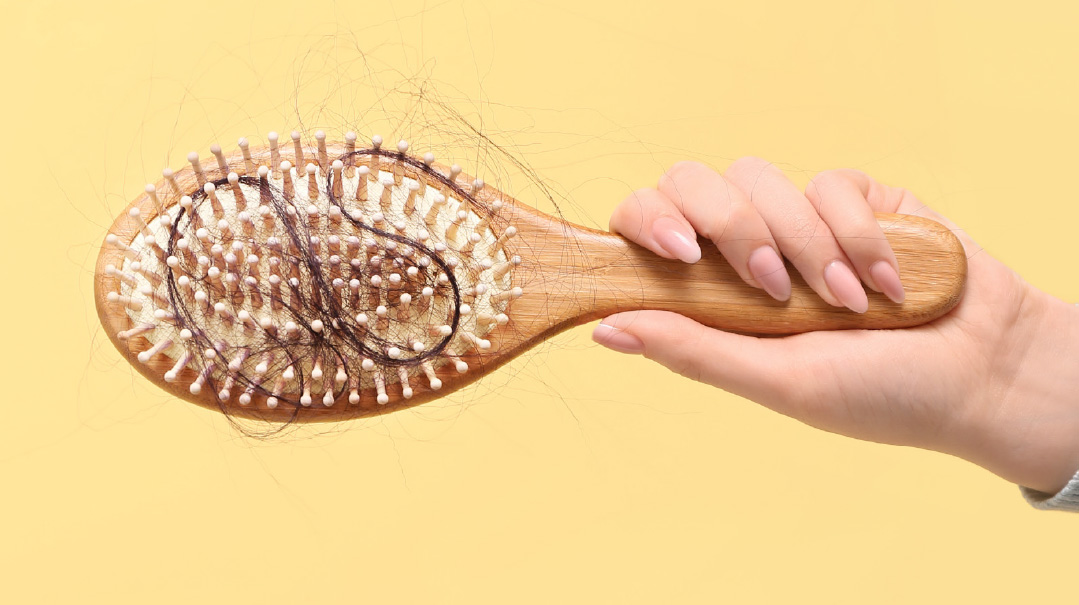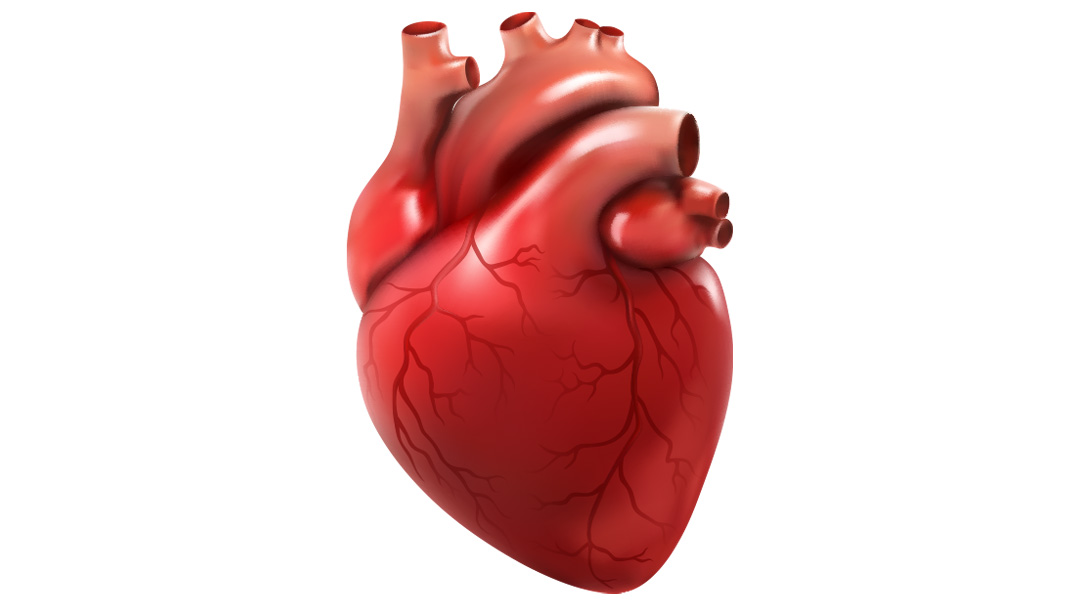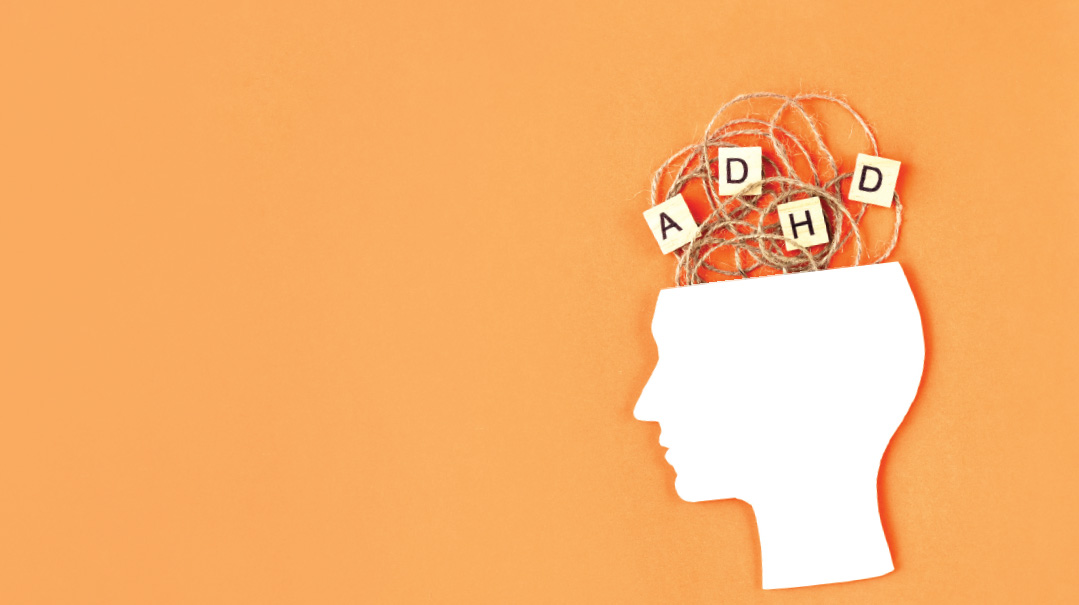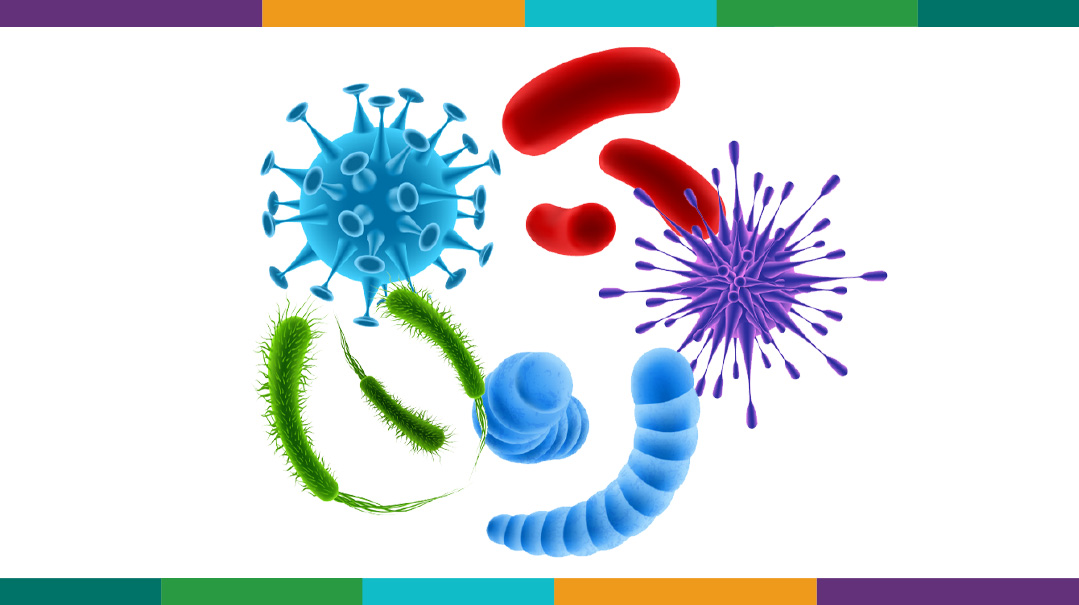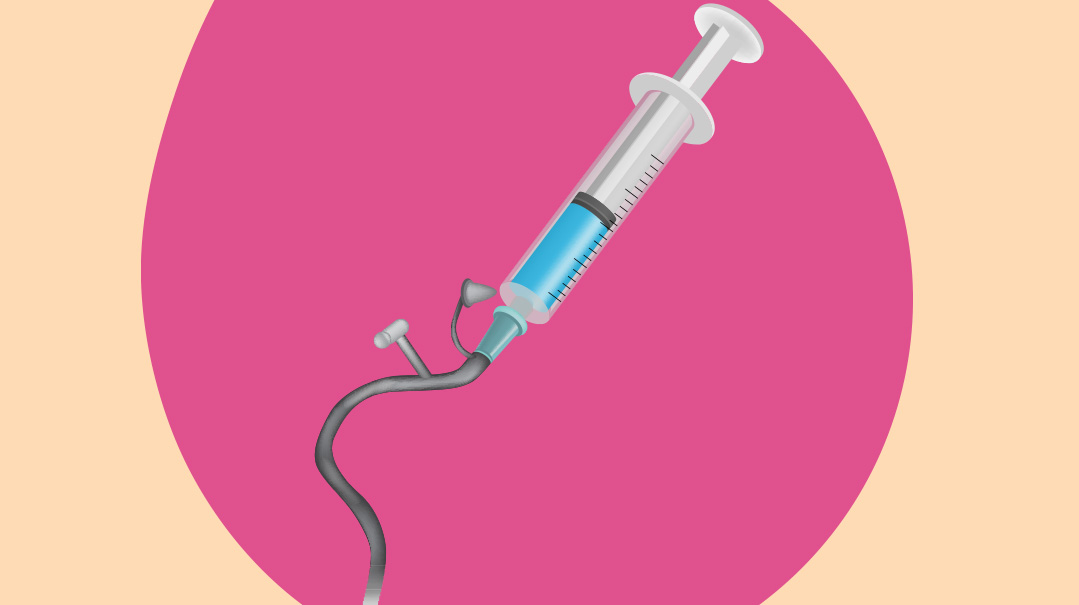Five Things I Wish You Knew about Having a Sister with an Eating Disorder

An eating disorder is a mental illness where a person refuses to eat or eats as minimally as they can
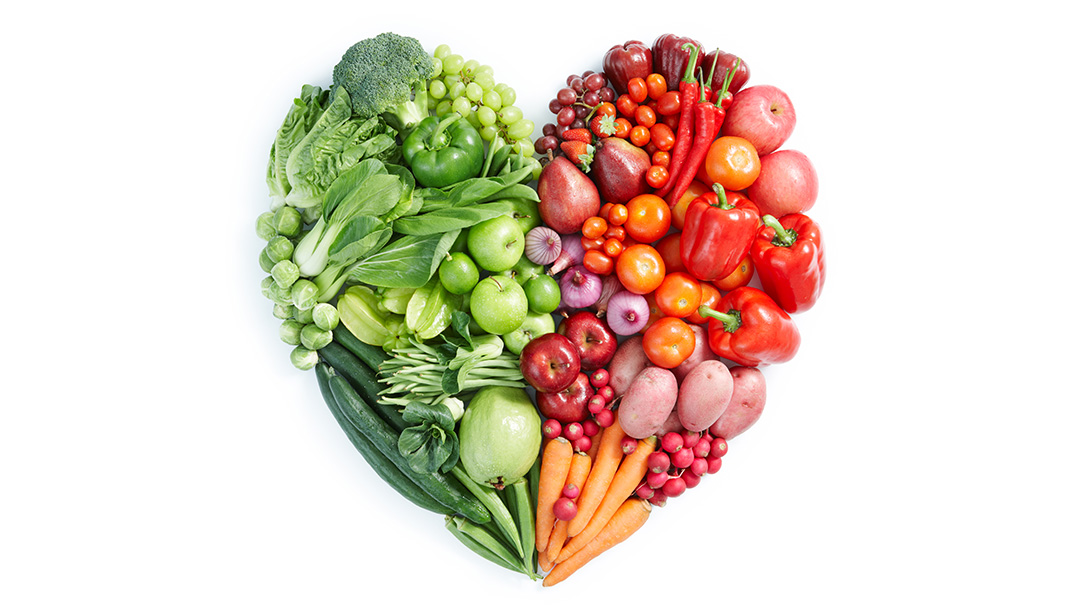
Here is how I explain my sister’s issue: An eating disorder is a mental illness where a person refuses to eat or eats as minimally as they can. When we hear “eating” we assume this is a physical illness or it’s all about food and the person is making bad choices, but in truth, this is a mental/emotional disease and the person is not in control. Because the person is suffering from a mental illness, it causes them to say and do things that don’t make sense. The road to recovery is a slow and painful process with many ups and downs.
In my sister’s case, the process has been very long. Generally, as soon as she gains weight, she falls back into past destructive behaviors with her eating (or not eating). This disease is serious and dangerous and does not only affect the weight of a person: It affects their health in almost every way, including the functioning of internal organs (heart, liver, kidneys). There are times my sister needs to be put on a feeding tube to help her get nutrition and stabilize her weight.
Most people have enough tact and seichel not to approach my parents and ask intrusive questions, but it seems it’s a lot easier for people to ask a teenage sibling — that would be me. “Oh, your sister hasn’t been in shul for a few weeks, everything okay?” or “How’s she doing these days? Where is she?” These are not comfortable questions for me to have to answer. I wish people would understand that it’s never okay to ask. Maybe they think they’re being kind but it makes us uncomfortable and puts us on the spot, and is an invasion of privacy.
Like every other sickness, whether physical or mental, this affects the entire family, not only the person going through it. My parents are constantly busy with my sister’s needs: If she’s home, they need to be on top of her food intake, or they’re busy with her feeding tube. If she’s not home (in the hospital or rehab), there are dozens of phone calls and meetings — there have been times when it was such pikuach nefesh, they had to take phone calls on Shabbos about my sister. Life is very different for us siblings! Most of my friends get together on Sundays, either hanging out at a friend’s house or going shopping. But when my sister is in rehab, my whole family goes to visit her on Sundays. My friends only have to worry about what they’re wearing that day — I’m worrying about my sister’s life.
Overall, I think that while it’s very challenging, having a sister who is struggling like this has made me a more patient and sensitive sibling. A situation like this definitely tests your patience; I need to wait while my parents are dealing with other things, and even be patient with my sister herself because she might say and do things that don’t necessarily make sense to my mind. And through that, I think I have become — and am still becoming — a much more sensitive person to everyone around me.
(Originally featured in Teen Pages, Issue 947)
Oops! We could not locate your form.

